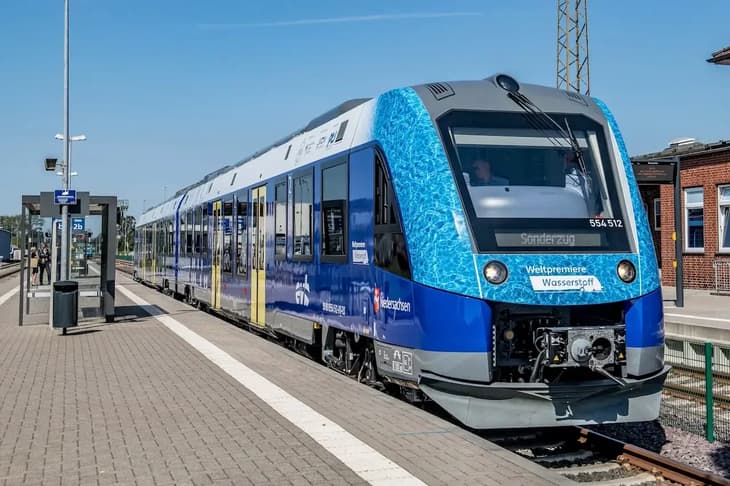A German rail operator had to switch back to diesel trains after a disruption in hydrogen supply rendered its fuel cell locomotives inoperable.
Having deployed 14 Alstom Coradia iLint trains to replace 15 diesel units operating on its route between Cuxhaven and Buxtehude in 2022, operator EVB said it will being using its “emergency fleet” of five diesel railcars and cancelling some journeys due to hydrogen supply disruption.
In a statement released on Tuesday (September 10), EVB said its supplier, Linde, informed it of delivery problems late last Friday, forcing the operator to take measures to reduce its consumption of the energy carrier.
... to continue reading you must be subscribed






